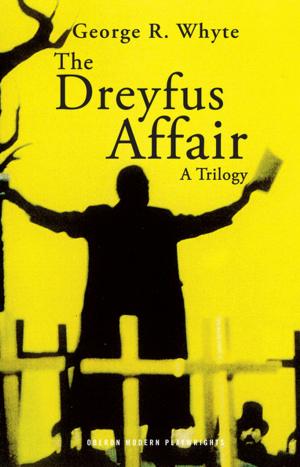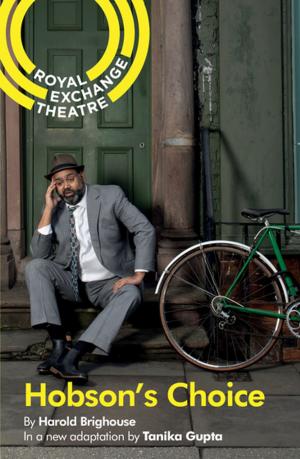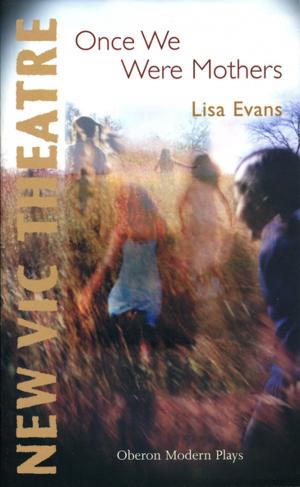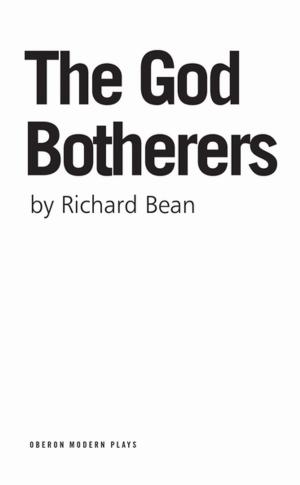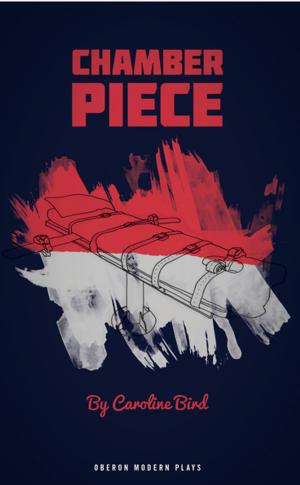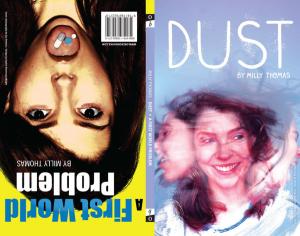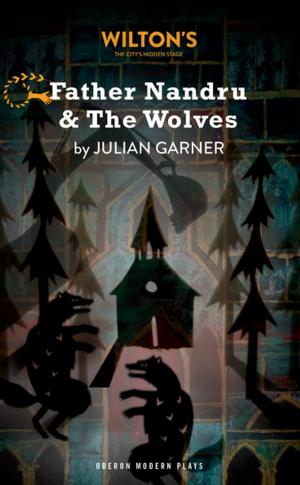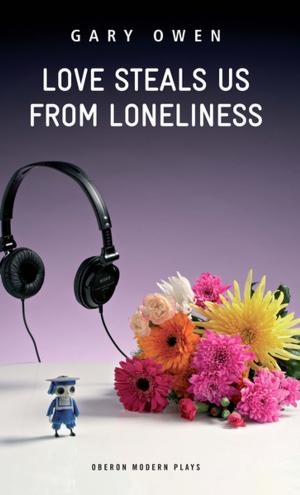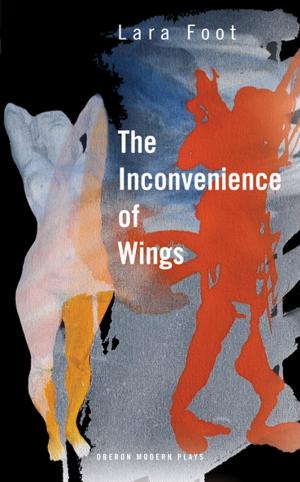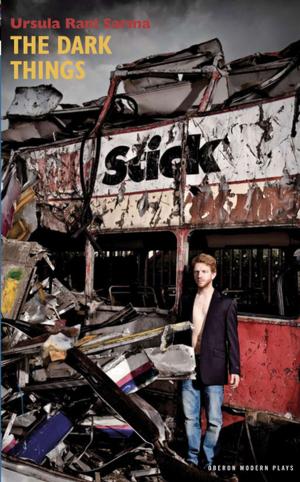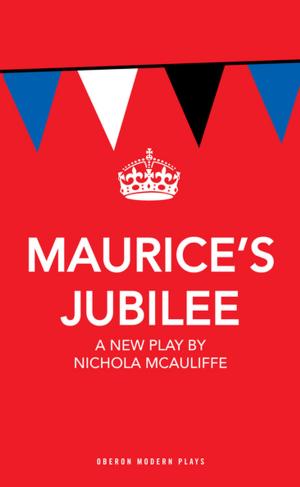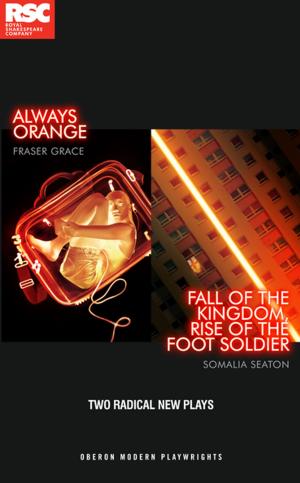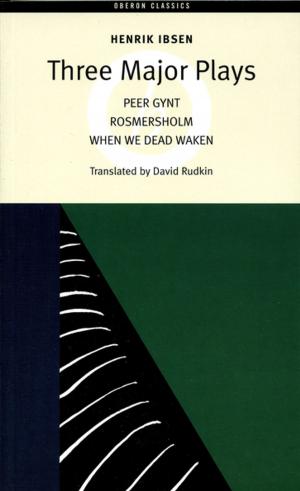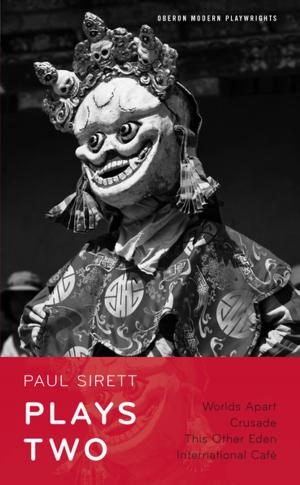| Author: | Rodney Ackland | ISBN: | 9781783192199 |
| Publisher: | Oberon Books | Publication: | March 22, 2017 |
| Imprint: | Oberon Books | Language: | English |
| Author: | Rodney Ackland |
| ISBN: | 9781783192199 |
| Publisher: | Oberon Books |
| Publication: | March 22, 2017 |
| Imprint: | Oberon Books |
| Language: | English |
Set in a Soho drinking Club just after World War II, this savage, witty slice of Bohemian life in London was reviled by one critic as ‘an insult to the British people’. Its title then was The Pink Room, as close as the law would allow for a play in which one of its central characters is a drunken homosexual writer. Despite these obstacles, Absolute Hell is now regarded as a twentieth-century classic, following a sumptuous revival at the National Theatre, starring Dame Judi Dench. Earlier the play had been televised by Channel 4 after being rediscovered by the Orange Tree Theatre, Richmond, near to where the author Rodney Ackland was living in virtual obscurity. The play is remarkable for two reasons: It offers a realistic view of postwar London, in contrast to the nostalgic memories of the blitz and buzz bombs; Ackland’s craft is consummate, weaving together the lives of 20 speaking characters, many of them lost souls as they drift in and out of the bar in search of a more meaningful life. Ackland died in poverty, having written some of the finest plays of our time.
Set in a Soho drinking Club just after World War II, this savage, witty slice of Bohemian life in London was reviled by one critic as ‘an insult to the British people’. Its title then was The Pink Room, as close as the law would allow for a play in which one of its central characters is a drunken homosexual writer. Despite these obstacles, Absolute Hell is now regarded as a twentieth-century classic, following a sumptuous revival at the National Theatre, starring Dame Judi Dench. Earlier the play had been televised by Channel 4 after being rediscovered by the Orange Tree Theatre, Richmond, near to where the author Rodney Ackland was living in virtual obscurity. The play is remarkable for two reasons: It offers a realistic view of postwar London, in contrast to the nostalgic memories of the blitz and buzz bombs; Ackland’s craft is consummate, weaving together the lives of 20 speaking characters, many of them lost souls as they drift in and out of the bar in search of a more meaningful life. Ackland died in poverty, having written some of the finest plays of our time.

